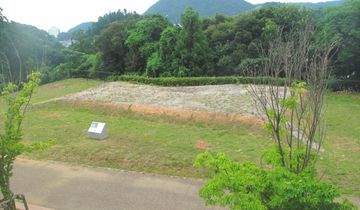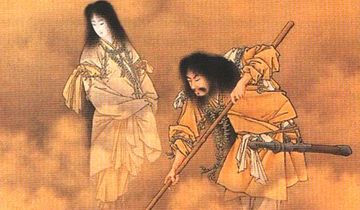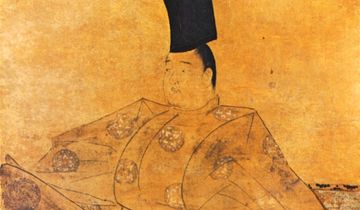
Lifestyles and Traditions - History
During the period of uprisings at the end of the Edo period (1603–1867) when the Tokugawa shogunate was coming to an end, the sonnō jōi movement ("revere the emperor, expel the barbarians") was on the rise even in the Oki Islands. In 1868, 3,000 island residents rose up against officials of the Matsue Domain and drove them out in what became known as the Oki Rebellion. At the time, the Oki Islands was a territory under the jurisdiction of the Matsue Domain; however, the expulsion of the officials led to the establishment of an autonomous government, an event not often seen even around the world. Some of the major factors that led to this were the ideological influence of Nakanyuma Ryōzō, a Confucian scholar from the Oki Islands; the rising cost of living due to famine; and the unrest caused by the frequent appearance of foreign ships.
Although the island people rose up in arms, it was a gentle revolution that drove the officials out not by military force but with written submissions and arguments. They even presented them with sake and rice as farewell gifts. The self-governing state that was established ended after only 80 days, due to a counterattack by the Matsue Domain. However, the modern-style political system that was put in place was a precursor to local government autonomy, as well as a system separating the legislative, executive, and judicial powers that predated the Meiji government.





